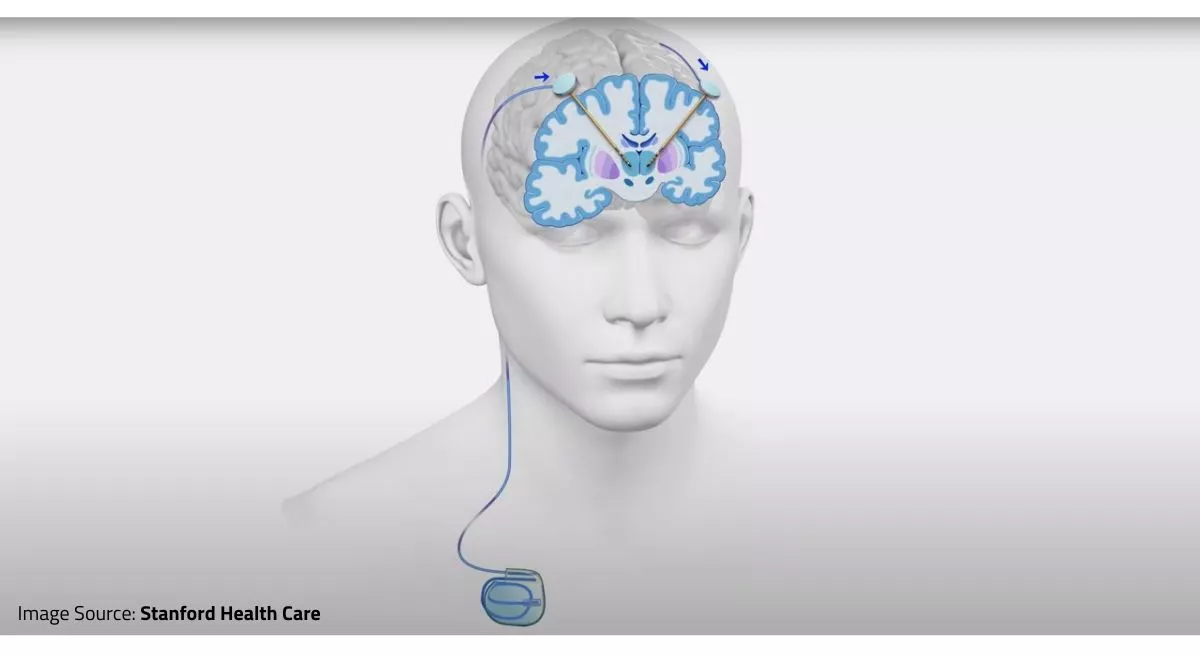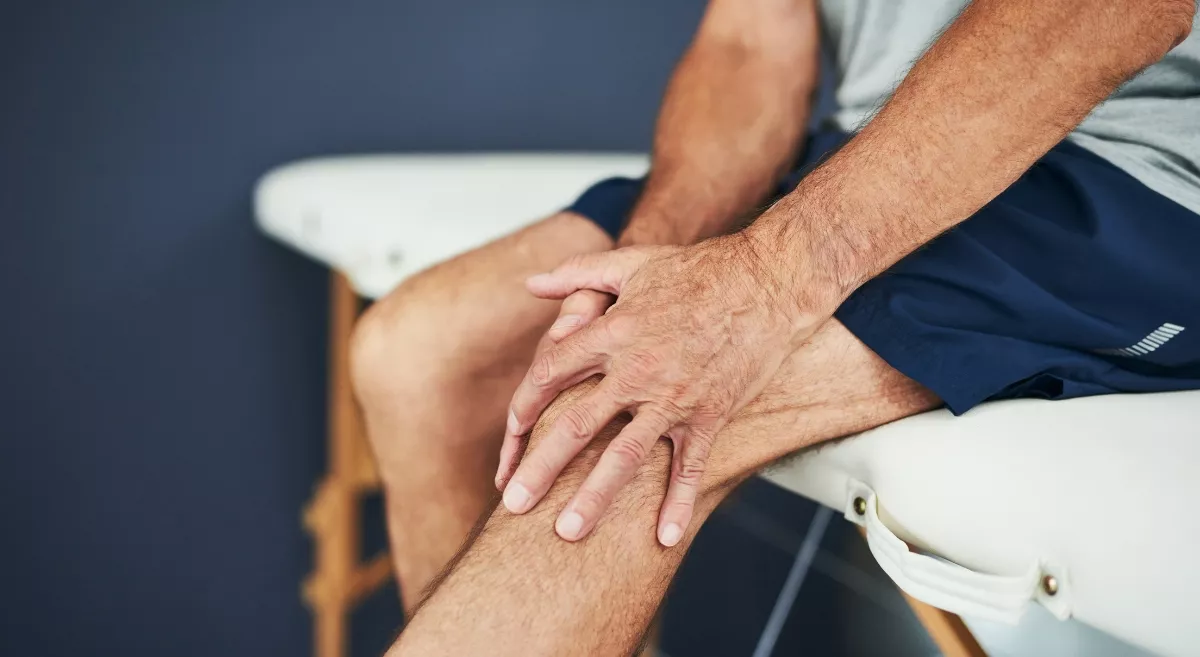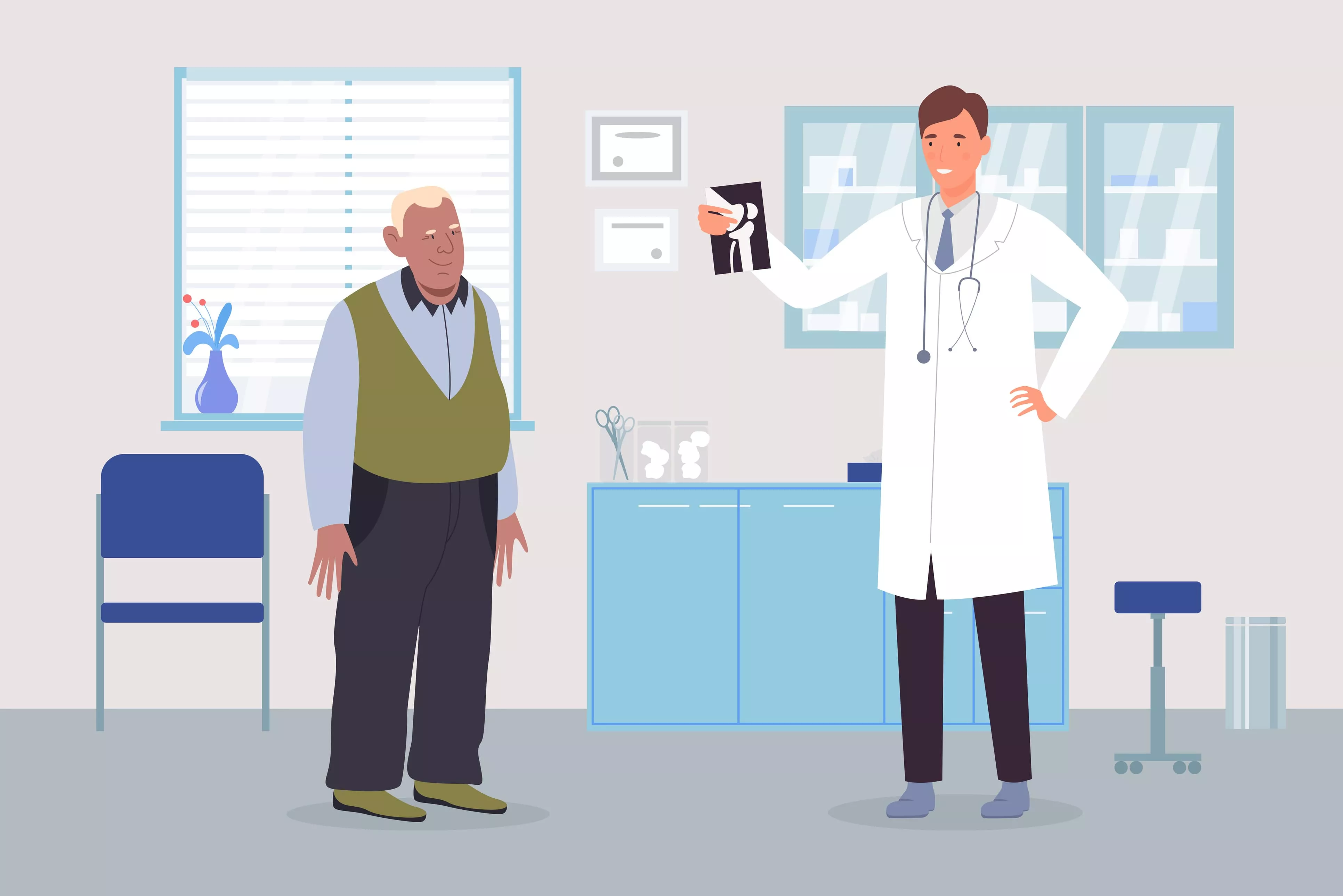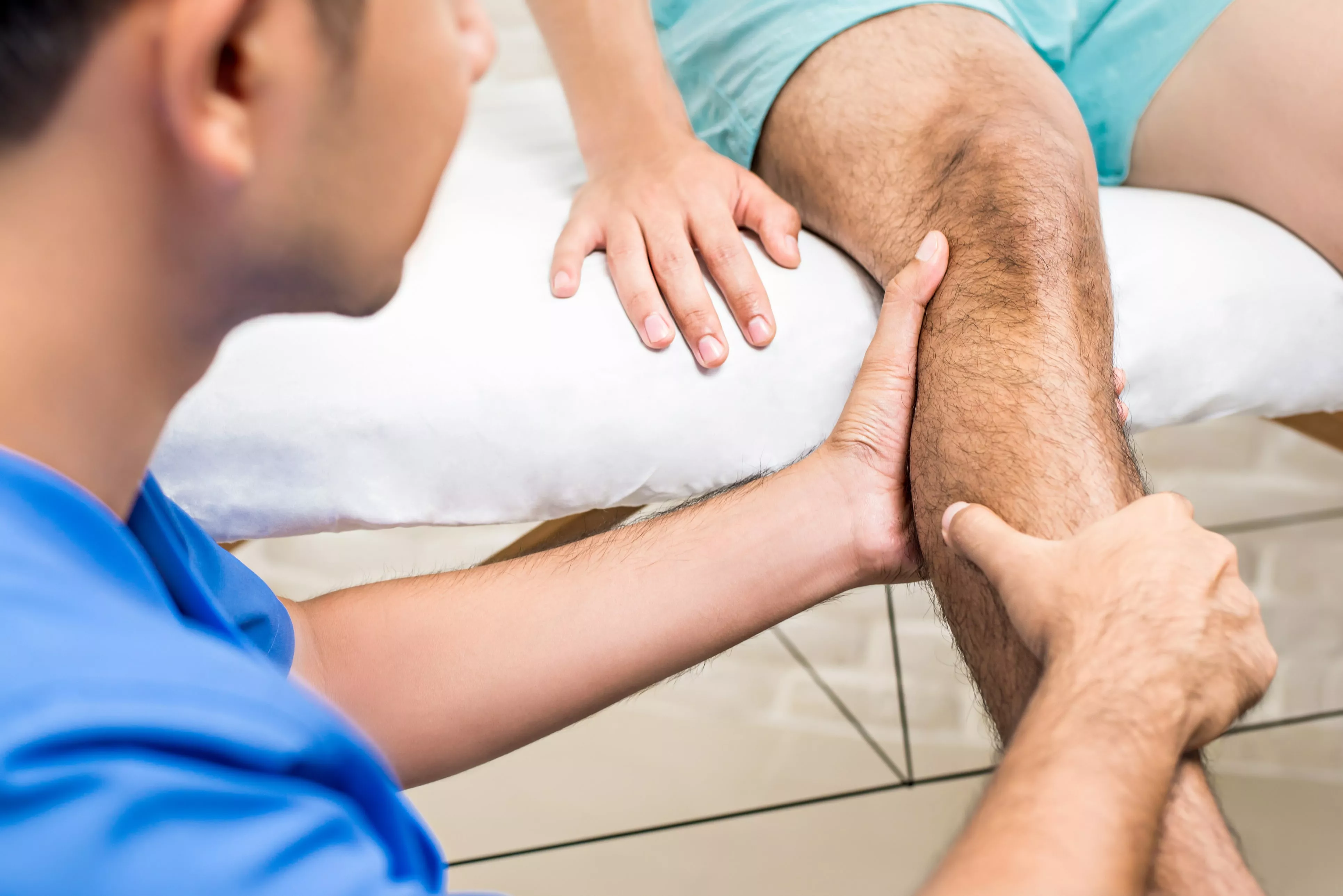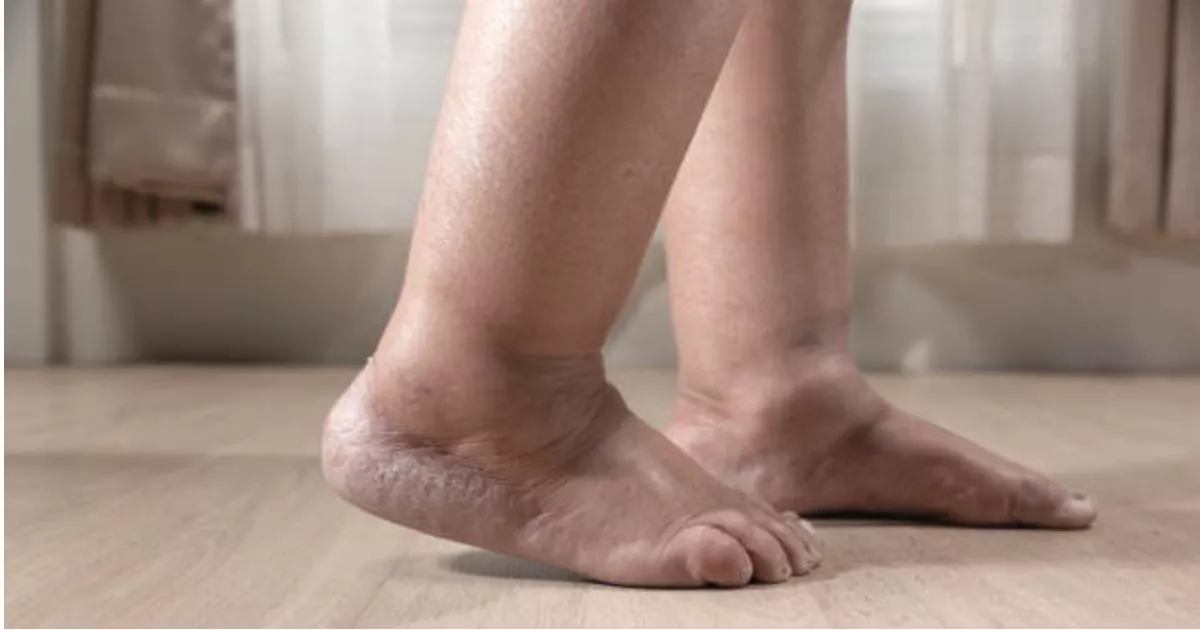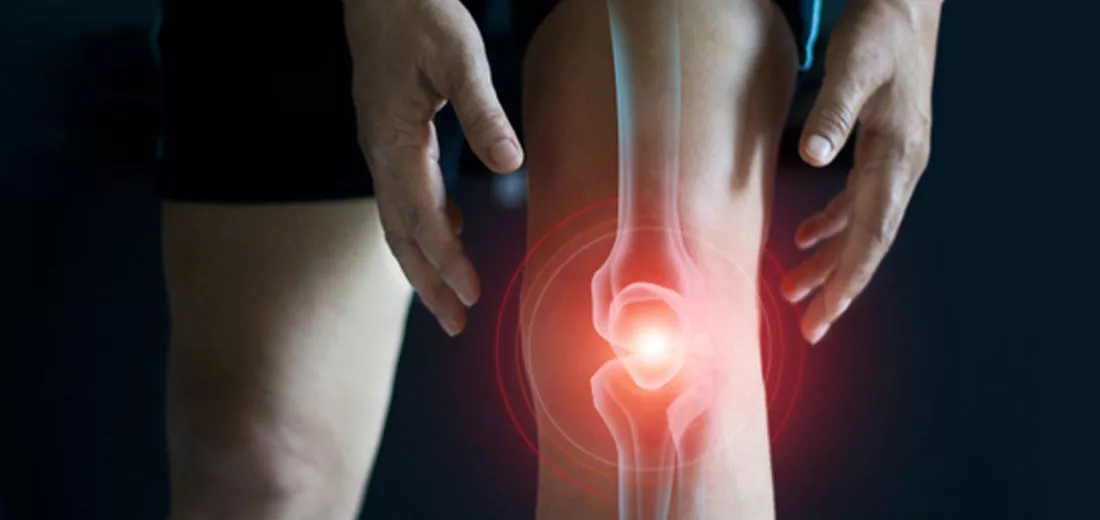Reactive arthritis is a rare type of arthritis that causes painful and swollen joints. It starts within a few weeks of an infection that begins elsewhere in the body, such as a throat infection, diarrhoea, or genitourinary infection. Apart from knees and ankles, eyes, urethra, and skin can be affected in this condition. The symptoms of reactive arthritis usually resolve within 12 months. In some cases, the patients return to their normal activities after 4 to 6 months. If the symptoms prolong or worsen, consult with our best rheumatologist in Bangalore to treat the condition in earlier stages.
What is reactive arthritis?
Reactive arthritis is also known as Reiter Syndrome. It occurs when synovitis arises in joints due to an infective trigger. Synovitis is inflammation of the synovium, a layer that lines joints, produces a small amount of fluid to lubricate the joint.
Symptoms of reactive arthritis:
It can affect various parts of the body. For example, if the inflammation is in the urethra, the patient could find a discharge from the penis or might undergo painful urination. Patient could have eye inflammation called conjunctivitis. This is later followed by arthritis of the ankles, hips, toes, fingers, and knee joints. It can strike suddenly, severely, or more gradually, with remissions and flare ups.
Some of the common symptoms include:
- · Mouth ulcer
- · Back pain from sacroiliac
- · Inflammation of the eye
- · Patchy skin, palms, soles, trunk, or scalp (Keratoderma blennorrhagica)
- · Inflammation of tendons and ligaments.
How is reactive arthritis diagnosed?
Reactive arthritis is usually diagnosed based on the history of the previous infection and the clinical exam. The fact that symptoms of reactive arthritis appear several weeks apart can make diagnosis difficult. Hence, a rheumatologist may diagnose reactive arthritis if the patient begins to show symptoms shortly after inflammation.
Reactive arthritis cannot be diagnosed with a specific test. However, the doctor may examine the urethral discharge and stool samples for signs of infection. The HLA-B27 genetic marker, along with an increased white blood count and erythrocyte sedimentation rate (ESR), is often found in the blood of reactive arthritis patients -- both are indicators of inflammation. The patient could also be anaemic due to the condition.
Unless the patient has had recurrent episodes of reactive arthritis, the X-rays of the joints do not indicate any abnormalities. Joints that have been frequently inflamed may reveal areas of bony spurs, osteoporosis symptoms, or bone loss. Reactive arthritis can also cause damage and abnormalities to the joints in the pelvis (sacroiliac joints) and back.
How is it treated?
The treatment focuses on identifying the infection that caused the problem.
NSAIDs:
NSAIDs (non-steroidal anti-inflammatory drugs) can help with arthritic pain and inflammation.
- Ibuprofen (Advil, Motrin IB)
- Diclofenac (Voltaren)
- Naproxen (Aleve, Anaprox, Naprosyn)
If any of these drugs don't work, your doctor would suggest an alternative medicine such as Celecoxib (Celebrex) or Indomethacin (Tivorbex).
Steroids:
If NSAIDs are not enough to reduce inflammation, your doctor may prescribe corticosteroid injections. These steroids weaken your immune system, slowing its attack on your body. On the other hand, steroids do not affect the progression of arthritis.
Antibiotics:
Antibiotics can help clear up a bacterial infection in your gastrointestinal system or urinary tract if you have visible signs. You will need to take a different antibiotic depending on the type of bacterial infection that has affected you. To find out, the doctor has to run several tests. However, Fungal and Virus infections are hard to identify.
Physical therapy and exercise:
Regular body movements or exercises can help improve joint function. A physical therapist can assist you with exercise programs to help strengthen your muscles.
Strong muscles around your joints can help support them. Water exercise may be a good technique to work out without putting your joints under too much stress. Also, practising a range of motion exercises reduce stiffness and promotes flexibility.
The use of heat and cold therapy may also be beneficial: Heat relieves pain and stiffness, while cold lowers swelling.
What are the causes?
The infection that causes reactive arthritis might be so mild that you may not be aware of the condition until there is a pain in your joints.
The most common reasons that cause reactive arthritis are:
- A throat infection caused by streptococcus bacteria
- Glandular fever
- Diarrhoea
- Stomach upsets
- Gut infections
Although there is no evidence to prove why some people develop this condition, research says it could be due to a gene (HLA-B27) that certain people inherit. These individuals appear to have a higher risk of reactive arthritis and develop it more than once in their life.
FAQs:
1. Why is Reactive Arthritis considered a systemic rheumatic disease?
Because it affects various organs in our body such as lungs, kidneys, skin, joints, mouth, and eyes.
2. Is Reactive Arthritis contagious?
It is not contagious, but the infections triggered at the initial stages could be contagious.
3. Why are men more prone to Reactive Arthritis compared to women?
Men are more prone to be affected by STD-causing infections, which could lead to reactive arthritis, whereas in women, the cause of infection is rare and mostly occur as a result of food poisoning.
4. How serious is reactive arthritis?
Reactive arthritis can be cured with proper treatment, but the condition can turn chronic in rare cases.
5. How long does it take to get over-reactive arthritis?
The condition mostly clears out within six months. However, very few people develop arthritis that needs long-term treatment.




